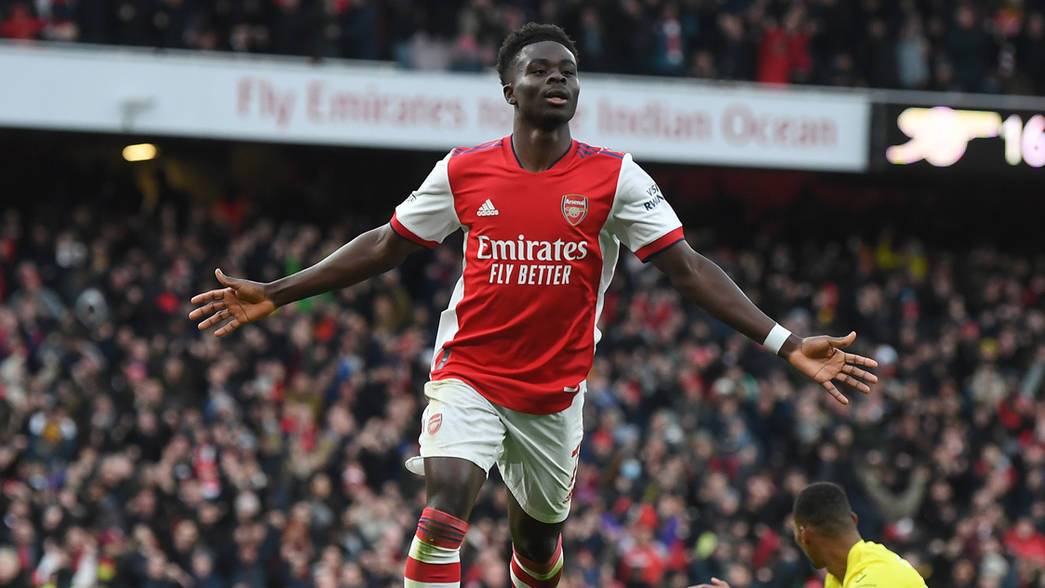According to a study, more than half of the athletes who competed in the most recent Euro 2020 and AFCON finals experienced online abuse before, during, and after the match.
Football chiefs have unveiled plans to utilise technology to identify and eradicate internet abuse directed towards players during the World Cup finals in Qatar and beyond.
The move by football governing body FIFA, the United Nations International Day for Countering Hate Speech and international players’ union FifPro, comes after an independent report found rising numbers of discriminatory posts on social media that surround international games.
FIFPRO President David Aganzo said: “Online abuse is a societal issue and as an industry, we cannot accept that this new form of abuse and discrimination affects so many people including our players”.
Meanwhile, FIFA President Gianni Infantino stated it is the organisation’s duty to protect the sport, starting with its players.
“Unfortunately, there is a trend developing where a percentage of posts on social media channels directed towards players, coaches, match officials and the teams themselves is not acceptable, and this form of discrimination – like any form of discrimination – has no place in football,” said Infantino.
To tackle the abuse, the three partners are set to introduce a specialised in-tournament moderation programme for men’s and women’s football that will screen for phrases associated with hate speech and stop abusive messages from reaching targeted players and their supporters.
The report used artificial intelligence to track more than 400,000 posts on social media sites during the Euro 2020 semifinals and final, where England’s Marcus Rashford, Jadon Sancho, and Bukayo Saka received abuse after missing important game-deciding penalties.
Additionally, this year’s Africa Cup of Nations final between Egypt and Senegal found that more than half of the players involved faced some form of discrimination.
According to the research, 90% of the accountable accounts’ owners are traceable, and as a result, the social media companies and law enforcement may take action against them.
Meanwhile, 33 incidents of Islamophobia were reported during the AFCON Final.
In the Euro 2020 final, 76% of the abuse was anti-black racism. Notably, the racist abuse was relatively low before the penalties.
This has been seen in numerous studies across various sports, according to the report, which states that “Racism often picks its moment and is unleashed after a trigger. This means that a tournament or match with relatively low abuse levels can become a flashpoint at any moment.”
During tournaments, FIFA and FIFPRO will also offer players educational assistance and mental health counselling as part of the initiative.
“With the FIFA World Cup Qatar 2022 and FIFA World Cup Australia and New Zealand 2023 on the horizon, FIFA and FIFPRO recognise it is important to make a stand and to include what is monitored on social media with what is already being monitored in the stadiums,” the president of the football governing body added.







